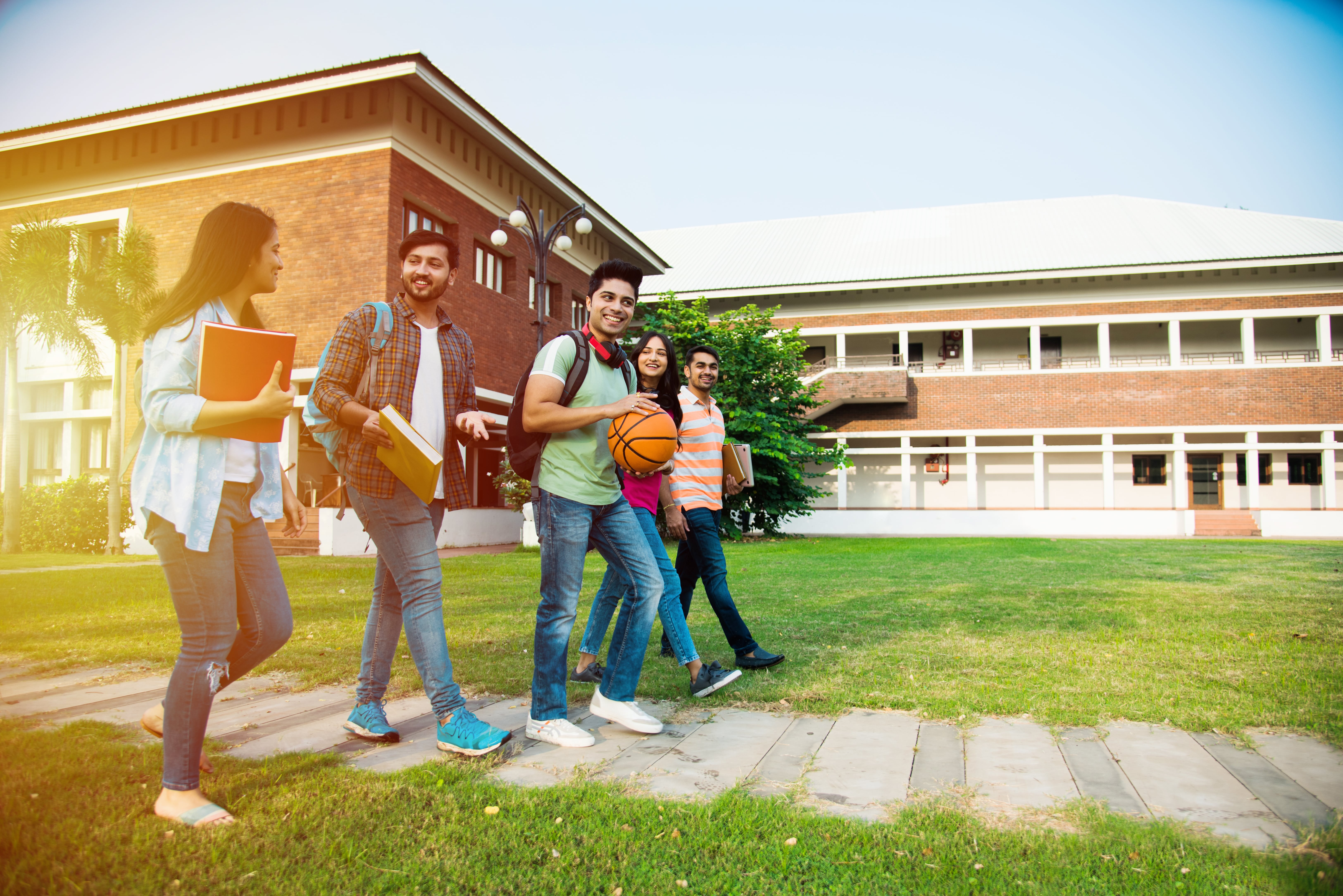
 For any aspiring doctor, getting admitted into and beginning medical school is no easy task. It takes more than just showing up to classes to succeed in medical school. Here are some tips to help you succeed in medical school.
For any aspiring doctor, getting admitted into and beginning medical school is no easy task. It takes more than just showing up to classes to succeed in medical school. Here are some tips to help you succeed in medical school.
The success of first-year medical students is largely determined by their study habits and the study tools they employ. Cultivating positive relationships with mentors also play a significant role in their development.
If you are beginning your medical school journey, you already have these qualities or are very close to obtaining them. They are all interconnected and call for strategy and perseverance. Your first year of medical school has two main goals: studying the fundamentals of medicine and learning how to retain that vast amount of information. Here is some advice to assist you:
Adopt Study Strategies
Studying doesn't have to be difficult or time-consuming. Just follow the Three-Review Rule, which states that the material should be reviewed before, during, and after class. This strategy is sure to make you feel more at ease as you begin learning new concepts.
Next, to increase your retention, combine this with active learning. Periodically assess your understanding of the subject as you study it. Efficient study techniques can help reduce discomfort because you'll be well-prepared.
Of course, learning and reviewing material are crucial to studying. But don't forget to take care of yourself and allow yourself to get enough rest. More of what you've learned will be stored in your long-term memory the better your sleep is. Quality sleep is good for both your health and your memory. Make study time a priority that doesn't interfere with your sleep pattern.
If you enjoy the morning, getting up early to study is probably an excellent idea. However, if you're a night owl, changing your study schedule to reflect this will enable you to be as productive as possible when you're able to concentrate the most.
Utilize Your Resources
Study techniques are helpful, but how can you be sure you are studying the right things? Not to worry! The first stage is deciding which resources to employ and how to do so successfully.
High-yield resources include video lectures, reference books, etc. that include all the information required for the medical school exams, USMLE® and other licencing tests. You may use Question Banks as well to review these materials.
While choosing a med school, look out for one that emphasizes on a more holistic, multidisciplinary, and student-centered approach to learning. One such name accredited med school that deserves mention here is the American University of Barbados (AUB), School of Medicine which offers an optimal use of technology on campus, such as online learning tools, software, and learning management systems. All of these new-tech tools have not only enhanced students' abilities but also made learning more engaging, efficient and effective. AUB’s integrated curriculum employs advanced and innovative teaching methodologies such as 3-D medical animations, medical video games, interactive manikin simulators, and computer-aided revision and evaluation, among others.
Find a Mentor
Mentors are often a priceless asset. Your mentor can come from any background; he or she could be a senior, a resident, a practising doctor, or someone else who works in the medical industry. When things become overwhelming, it is always nice to have a support system, especially someone who has travelled the same path as you. Take advantage of the chance to learn more through interactions with your mentor.
The fact that a mentor will also be interested in your achievement is one of their best qualities. At AUB, mentoring starts with the assignment of faculty to serve as a mentor and guide for each student throughout the entire program in order to suit their requirements as learners. This improves each student's overall college experience by empowering them to achieve academic achievement and fostering a sense of community at the university.
To sum up,
Investigate interests outside of academia during your free time or breaks. Remember you’ve worked extremely hard and definitely deserve some time to yourself. Spend time developing an existing activity or interest or maintaining one you currently have. It aids in mental cleansing.
Above all, reflect on what you've learnt and how you may use your newly gained confidence in your medical school journey.










Admission Enquiry
*Please send your Details